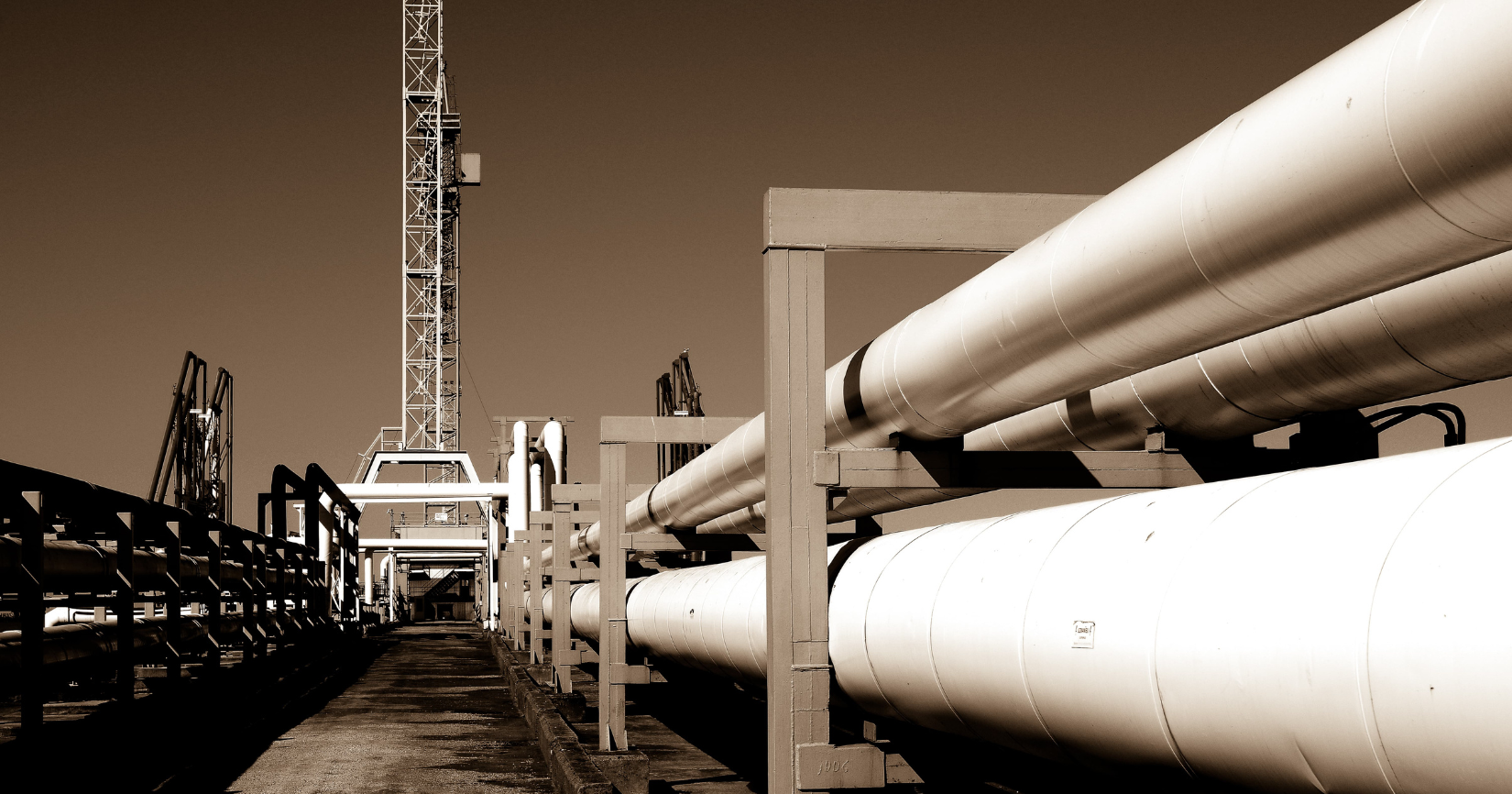Prime Minister Justin Trudeau of Canada has made a hefty promise: to organize one of the grandest sales of government-owned assets in the nation’s history. This involves selling the Trans Mountain pipeline, a vital channel transporting crude oil from Alberta’s heartlands to the western coastline.
The Complex Sale and Indigenous Involvement
While the intent to sell is clear, the road ahead is filled with obstacles. High borrowing costs, disagreements over expenses with oil companies, and the shadow of an impending election make the sale complex. Some peg the pipeline’s worth at an impressive C$28 billion ($20.9 billion), though estimates vary.
A notable aspect of Trudeau’s plan is to substantially involve Canada’s Indigenous communities in the pipeline’s future. More than 100 groups are expected to receive a share of the pipeline, a move aimed at generating wealth for these communities. However, the execution of this plan is anything but smooth. Chief Tony Alexis, representing the Alexis Nakota Sioux Nation, voices frustration over the government’s lack of progress and communication.
As oil is soon to flow through the pipeline, the absence of a concrete deal means lost financial opportunities for Indigenous communities each day. The government’s broader strategy involves selling the majority of the pipeline, potentially to another pipeline operator, private equity, or infrastructure funds, with Indigenous groups possibly being part of these commercial ventures.
Financial Stakes and Political Implications
The financial and political stakes are monumental for Trudeau. Acquiring the pipeline from Kinder Morgan Inc. in 2018 was a move that drew criticism, especially from environmentalists, due to the planned tripling of the pipeline’s capacity.
However, Trudeau defends the project as crucial for reducing Canada’s reliance on the U.S. for oil exports and tapping into the global market, given that Trans Mountain is the sole pipeline linking Alberta’s crude to a Canadian ocean port.
The pipeline, nearing completion, has exceeded its budget by billions but is expected to start operations soon. If successful before the next election, this sale could bolster Trudeau’s standing, proving his commitment to the energy sector and Indigenous communities.
However, the government remains non-committal on a specific timeline for the sale, emphasizing flexibility and market conditions. The involvement of Indigenous groups is seen as pivotal in enhancing investor confidence in the project. Yet, a meeting to discuss the investment with Indigenous chiefs ended in disappointment, marred by insufficient information and disagreements.
The Broader Picture and Potential Buyers
The pipeline’s sale is crucial as the government has already invested about C$35 billion in it, and a substantial loss looms over the potential sale price. Analysts suggest the government might recoup between C$23 billion and C$28 billion, but final figures hinge on resolving toll charges and other regulatory matters. Finance Minister Chrystia Freeland assures that Indigenous participation is a priority in the sale, seen as a step towards economic reconciliation.
In the mix of potential buyers, industry giants like Pembina Pipeline Corp., TC Energy Corp., and even Alberta’s provincial pension fund show varying levels of interest. Brookfield Corp., with its vast infrastructure portfolio, is also a notable mention.
However, the sale’s timeline remains uncertain, tangled with Indigenous consultations, legal challenges, and the upcoming election cycle. This prolonged process poses a risk of further delaying Trudeau’s ambitious endeavor to divest the pipeline, a project that holds significant economic and political implications for Canada.





